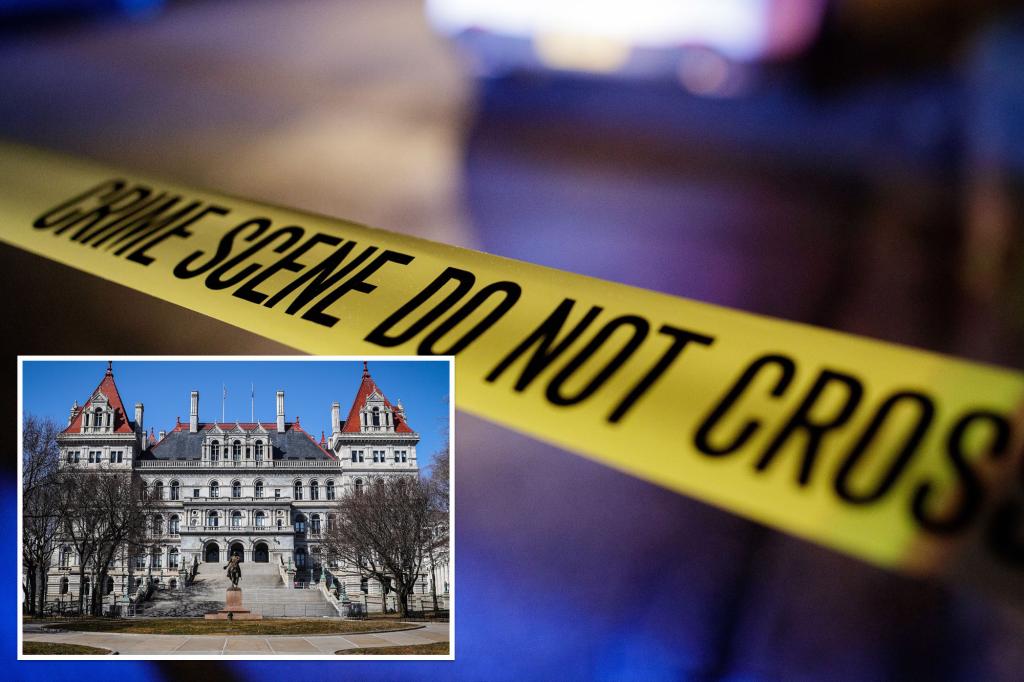A new bill proposed by New York’s GOP delegation, sponsored by Rep. Marc Molinaro, aims to bypass states with softer crime policies, such as New York’s Clean Slate Act and loose bail laws, and instead distribute federal law enforcement funding directly to localities. The bill is supported by most of New York’s Republican members of Congress and is intended to take funds from Albany and reinvest them in local police, courts, and governments that are working to restore public safety, according to Molinaro. The legislation seeks to hold states accountable by withholding specific funding if they do not meet certain criteria, such as lacking a “dangerousness” standard for bail eligibility or implementing policies for sealing the criminal records of felons.
New York’s lack of a “dangerousness standard” and the enactment of the Clean Slate Act, which seals criminal histories for non-law enforcement related purposes, have been points of contention in the state. Recent polls have shown that a majority of likely New York voters feel that crime has worsened over the past year, driving the conversation around public safety to the forefront of the upcoming elections. Republican lawmakers like Brandon Williams have criticized Democratic politicians who support policies like cashless bail, calling for federal funding to go directly to law enforcement professionals who work to keep communities safe.
Republicans are using the issue of crime as a key focal point in their messaging, with former Rep. Lee Zeldin campaigning heavily on the topic against Governor Kathy Hochul. On the other hand, Democrats are trying to shift the narrative around public safety by addressing the inequalities in the criminal justice system. Democratic candidate Josh Riley, who is challenging Molinaro and supports the Clean Slate Act, emphasizes the need to fully fund law enforcement while also addressing systemic inequalities in the criminal justice system. However, the Republicans’ bill is likely to face opposition in the Democratic-controlled Senate, potentially stalling its progress even if it passes the House.
The bill, while lacking specific details, aims to address concerns around crime and public safety by targeting states with perceived lenient crime policies and redirecting federal funding to local law enforcement efforts. Molinaro and other Republican lawmakers argue that taxpayers should not be supporting state policies that they believe contribute to a decrease in public safety. By withholding funding from states like New York, which have been criticized for policies such as cashless bail and the Clean Slate Act, Republicans hope to reallocate resources to areas where they believe they will have a more direct impact on improving public safety.
Issues like the lack of a “dangerousness standard” in New York and the implementation of the Clean Slate Act have fueled the debate around crime policy in the state. With a majority of voters expressing concerns about the worsening crime situation, politicians are under pressure to address these issues ahead of the upcoming elections. While Republicans are leveraging public safety as a key campaign issue, Democrats are advocating for a more nuanced approach to criminal justice reform that addresses systemic inequalities while also fully funding law enforcement. The proposed bill is likely to face partisan challenges in Congress, underscoring the political divide around crime and public safety issues at both the state and federal level.


